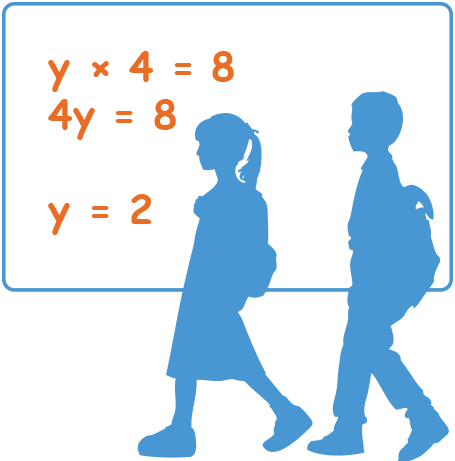ADHD (or Attention Deficit Hyperactivity Disorder) is a term that’s heard a lot in the media and in playgrounds. But what is ADHD?
Does My Child have ADHD?
Lots of children are sometimes naughty and sometimes fidgety and sometimes find focusing on things a challenge.
But if your child’s behaviour is having a negative effect on their day-to-day life in different situations, and they are consistently struggling with…
- Impulsiveness.
- Difficulties concentrating on one task.
- Hyperactivity.
…then it may be helpful to think about getting an assessment for ADHD in Oxford.
With effective treatments and therapies, children and adults with ADHD can receive meaningful assistance and successfully integrate it into their daily lives.

Are There Different Types of ADHD?
People with ADHD often present a consistent pattern of inattention and/or hyperactive impulsiveness that interferes with daily functioning in at least two settings (for example, at school and at home).
There are three types of ADHD:
- Predominantly inattentive type.
- Predominantly hyperactive-impulsive type.
- Combined inattention and hyperactive impulsive type.
Most children who are diagnosed with ADHD display symptoms of the Combined category. More information can be found here.
How Do I Know If My Child Has ADHD?
ADHD testing begins with a 90-minute assessment, where we listen to parents‘ concerns and gather information about your child’s behaviour in different contexts. This includes:
- Asking parents and teachers to complete surveys about the child’s behaviour.
- Gathering general details about your child’s physical health.
- Observing your child’s interactions, communication and behaviour.
- Screening your child for depression and low mood.
At the end of your assessment, your clinician will be able to advise if further a diagnosis of ADHD looks likely, and will schedule further tests which screen for ADHD, sensory sensitivity and high functioning autism.
What Happens After My Child’s Assessment?
Once all information has been received, we’ll put together a detailed report, email it to you, and schedule a time with you to go through it, answer any questions, and put next-steps in place.
The report will typically contain:
- A specific ADHD diagnosis, if applicable
- Detailed insights into your child’s specific needs and strengths
- Specific recommendations for ongoing therapies and support
- If necessary, the report may also recommend further testing for conditions not addressed by ADHD evaluations
These recommendations usually include a block of sessions with a therapist. Following completion of testing, we also recommend that parents consult with your child’s general practitioner, especially if medication may be a helpful option.
Where Can I Find Out More About ADHD?
Beginning the assessment process can be worrisome, but it doesn’t have to be overwhelming. Contact us today with your questions. We’ll be happy to help identify the best next step for your family.



